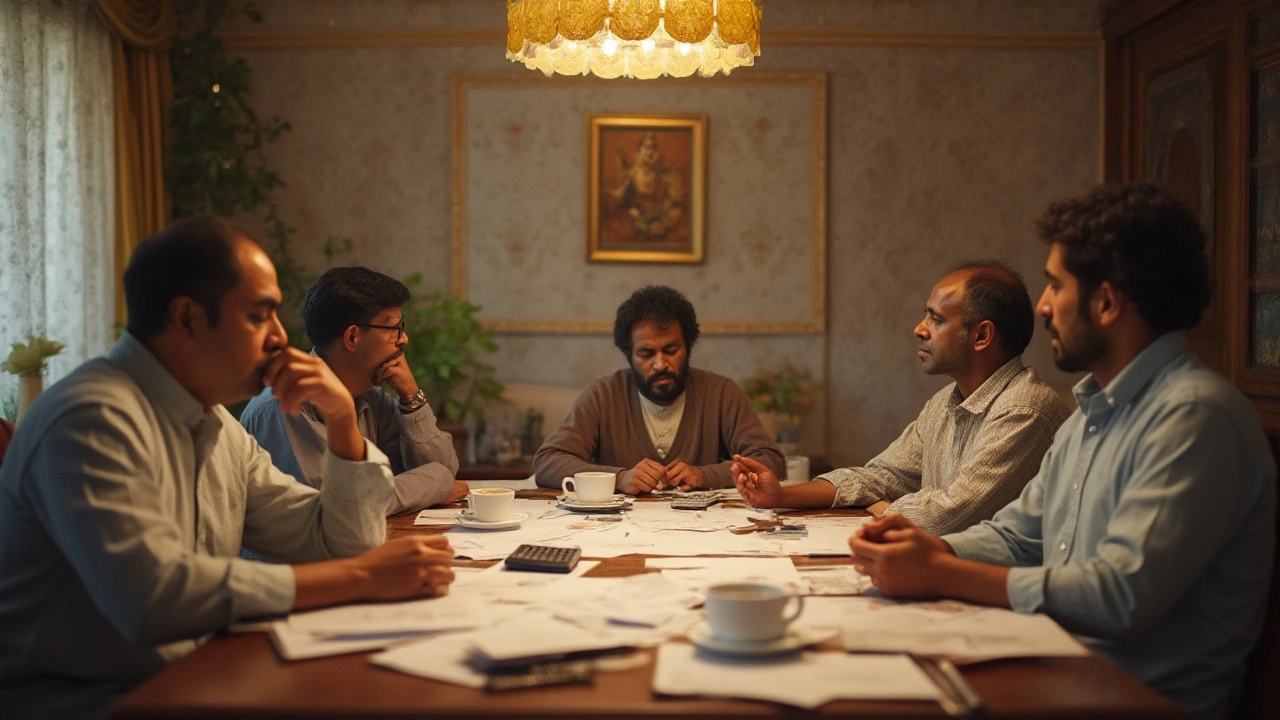Charitable Trust Cons: What You Need to Know
If you’re thinking about setting up a charitable trust, it’s smart to look at the flip side before you sign any papers. Trusts can do a lot of good, but they also come with a set of headaches that many people overlook. Below we break down the most common drawbacks so you can decide if a trust really fits your goals.
Legal and Administrative Burden
First off, the paperwork is a beast. Setting up a trust means drafting a trust deed, registering it with the appropriate authorities, and often hiring a specialist lawyer. That can cost a few thousand dollars right off the bat. After the trust is live, you’ll face annual reporting, compliance checks, and audits that demand time and expertise. If you don’t have a dedicated admin team, the process can quickly become overwhelming.
Because charitable trusts are regulated, any mistake can trigger penalties or even jeopardize the trust’s status. The rules differ by jurisdiction, so you need to stay on top of local legislation. For many small community groups, this legal maze is a major deterrent.
Limited Flexibility and Control
Once the trust deed is signed, you lock in how the money can be used. Unlike a regular nonprofit that can shift focus as needs change, a charitable trust is bound by its original purpose. If a new community need pops up, you might need to apply for a deed amendment—a process that can take months and isn’t always approved.
Donors also expect transparency. Trusts must disclose financials and activities publicly, which can be a double‑edged sword. While it builds trust, it also means you can’t keep strategic moves under the radar. Some founders feel this limits their ability to experiment or take bold, fast‑moving actions.
Another hidden cost is the ongoing expense of professional trustees or advisors. Many trusts require a board of independent trustees, and you’ll often have to compensate them for their time. This adds to the overhead and can eat into the funds meant for the cause.
Finally, fundraising can be tougher. Grant makers sometimes view trusts as less dynamic than charities with a flexible structure. They may ask for evidence that the trust’s rigid purpose aligns with their own funding priorities, which can narrow the pool of available grants.
All that said, a charitable trust isn’t automatically the wrong choice. If your mission is clear, long‑term, and you have the resources to handle the admin load, the tax benefits and credibility can outweigh the cons. The key is to match the structure to your capacity and goals before you commit.

Charitable Remainder Trust Disadvantages: Costs & Financial Downsides Explained
- Jul, 21 2025
- 0
Uncover the real-world disadvantages of a charitable remainder trust. Learn about high costs, tricky tax rules, and why it's not always the best fit for everyone.
Categories
- Volunteering (40)
- Environment (38)
- Youth Programs (34)
- Charity Events (31)
- Homelessness (31)
- Community Outreach (30)
- Charitable Organizations (27)
- Community Support (18)
- Finance (14)
- Education (10)
Archives
- March 2026 (1)
- February 2026 (6)
- January 2026 (7)
- December 2025 (10)
- November 2025 (8)
- October 2025 (23)
- September 2025 (4)
- August 2025 (8)
- July 2025 (31)
- June 2025 (29)
- May 2025 (30)
- April 2025 (31)
- community outreach
- charity events
- after-school clubs
- community service
- charitable trust
- philanthropy
- volunteering
- homeless shelters
- environmental groups
- community engagement
- volunteer opportunities
- charitable giving
- estate planning
- mental health
- charity
- student engagement
- community help
- donations
- volunteer
- youth organizations